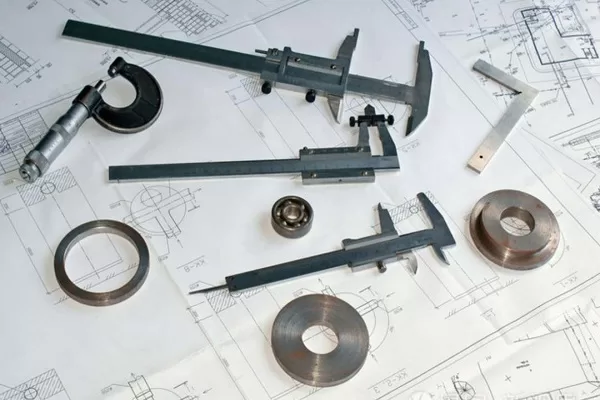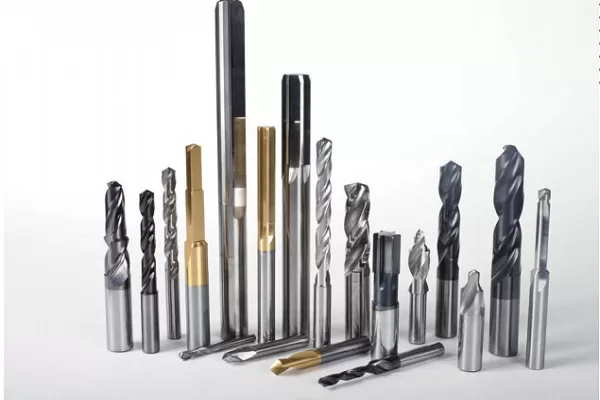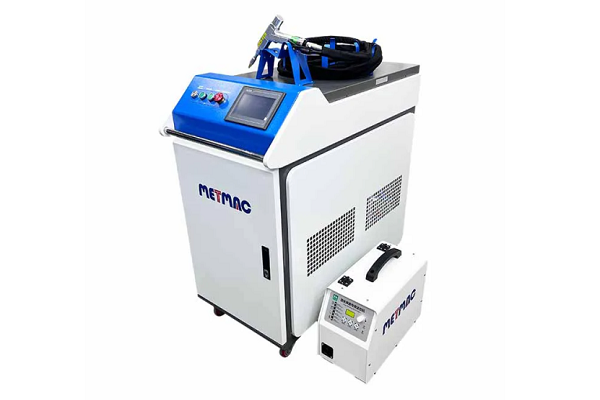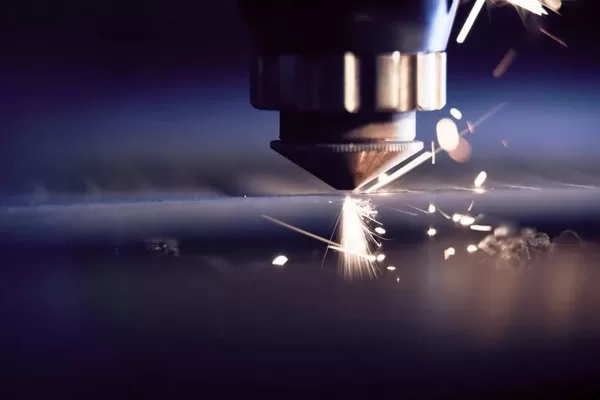
Comparing Different Types of Metal Plate Rolling Machines
- By:Metmac
- 2024-08-07
- 152
In the realm of metalworking, metal plate rolling machines stand as crucial equipment for shaping and forming sheet metal into cylindrical or conical forms. With varying types available, choosing the most suitable machine depends on the specific application and material properties. This article provides an in-depth comparison of different types of metal plate rolling machines, highlighting their unique characteristics and suitability for various tasks.
Three-Roll Plate Rolling Machine
Three-roll plate rolling machines are the most common type, featuring three cylindrical rolls arranged in a pyramid configuration. The upper and lower rolls are powered, while the center roll is adjustable, enabling precise control over the bending radius. Three-roll machines handle materials with thicknesses ranging from light to heavy-duty, making them versatile for diverse applications in shipbuilding, boilermaking, and construction.
Advantages:
High efficiency and accuracy due to three-point bending
Able to handle a wide range of material thicknesses
Suitable for both cylindrical and conical rolling
Four-Roll Plate Rolling Machine
Four-roll plate rolling machines incorporate an additional horizontal roll called the pinch roll, located opposite the bending rolls. This roll helps stabilize and prevent material from slipping during the rolling process. Four-roll machines excel in handling materials with tight radii and complex shapes, making them ideal for precision bending of sheet metal.
Advantages:
Superior precision and control for intricate bending
Ideal for thicker and harder materials
Minimizes material distortion
Pyramid Plate Rolling Machine
Pyramid plate rolling machines feature two bending rolls arranged in a pyramid shape. The upper roll is powered, while the lower roll remains stationary. The conical shape of the rolls allows for varying bending radii along the length of the material, enabling the creation of cones and other complex shapes. Pyramid machines are suitable for light to medium-duty applications in HVAC, automotive, and aerospace industries.
Advantages:
Versatile for variable bending radii
Compact design for space constraints
Capable of both conical and cylindrical rolling
Hydraulic Plate Rolling Machine
Hydraulic plate rolling machines utilize hydraulic pressure to drive the bending rolls. They offer exceptional control over bending force and speed, making them ideal for high-precision applications. Hydraulic machines handle even the most challenging materials, including stainless steel, titanium, and aluminum alloys.
Advantages:
Highly accurate and consistent bending
Suitable for heavy-duty materials
Handles a wide range of shapes and thicknesses
CNC Plate Rolling Machine
CNC (Computer Numerical Control) plate rolling machines incorporate advanced computer systems to control and automate the bending process. They provide precise and repeatable results, minimizing setup time and reducing operator error. CNC machines are essential for high-volume production and the fabrication of complex geometries.
Advantages:
Automated and efficient operation
Ensures precision and consistency
Programmable for various bending parameters
Selecting the Right Machine
Choosing the optimal metal plate rolling machine for a particular application requires careful consideration of several factors, including material properties, required bending radius, production volume, and available space. By understanding the distinct characteristics of each type of machine, manufacturers can make informed decisions to maximize productivity and achieve desired results.
-
The Advantages of Using a Sheet Roll Forming Machine in Manufacturing
2024/09/14 -
How to Optimize Your Laser Sheet Cutting Machine for Maximum Performance
2024/09/12 -
How to Maximize Efficiency with Modern Sheet Metal Working Machines
2024/09/04 -
The Environmental Benefits of Using Duct Board Grooving Machines
2024/09/03
-
Integrating Automation with Rectangular Duct Machines for Enhanced Productivity
2024/05/11 -
Metal Shear Machines- Essential Tools for Precision Metal Cutting
2024/05/11 -
Understanding the Role and Function of Steel Strip Slitting Machines
2024/05/11 -
Maintenance Tips for Longevity of HVAC Duct Machines
2024/05/11
-
A Guide to the Latest Innovations in Sheet Metal Folding Machines
2024/11/29 -
Key Features to Consider When Investing in a Sheet Metal Folding Machine
2024/11/28 -
Enhancing Precision with Advanced Sheet Metal Folding Machines
2024/11/27 -
How to Choose the Right Sheet Metal Folding Machine for Your Workshop
2024/11/26



